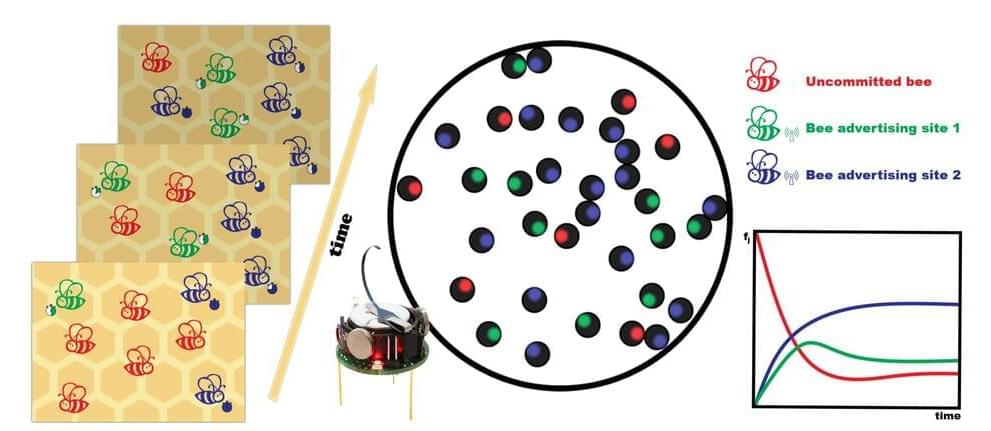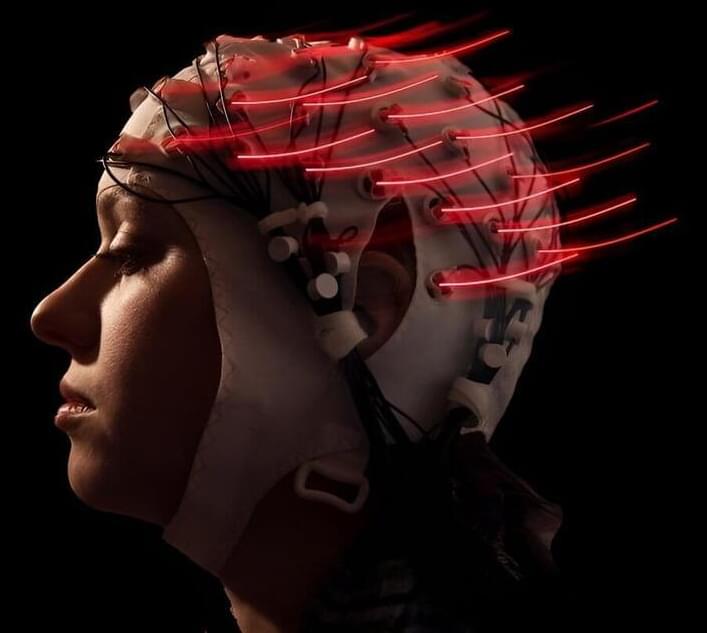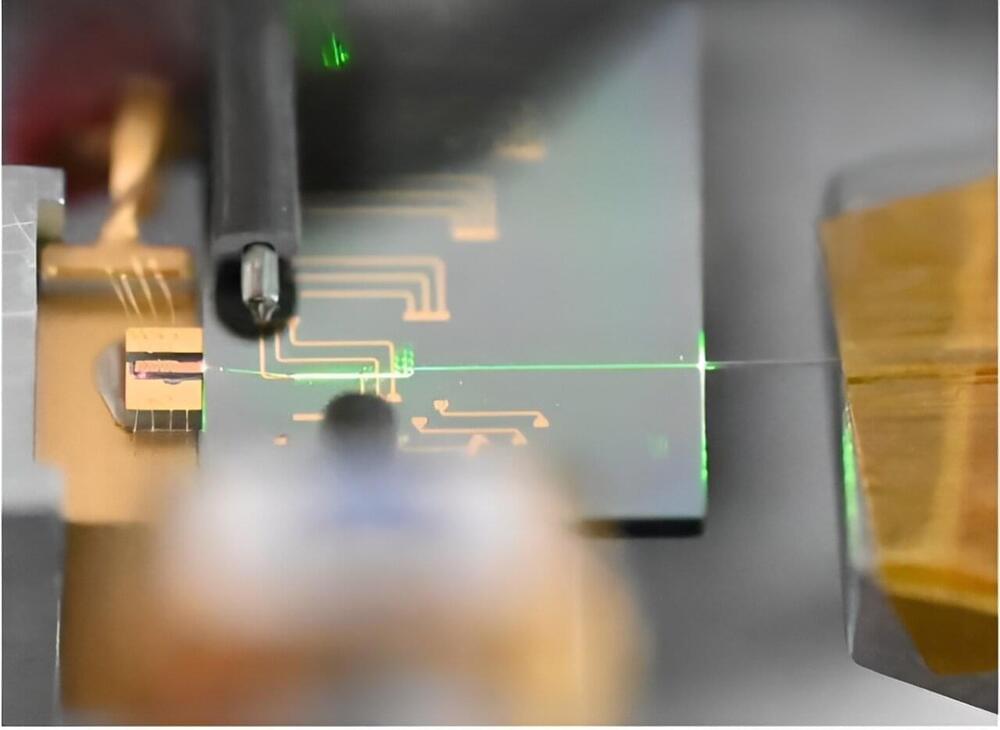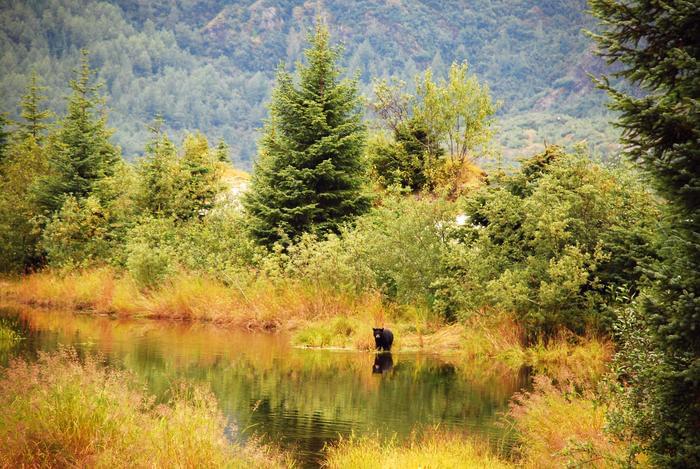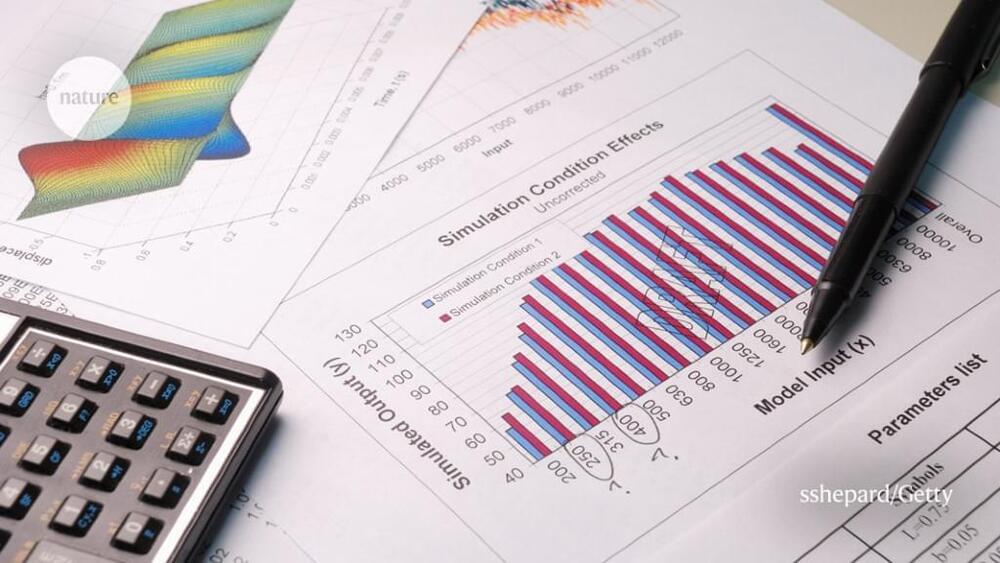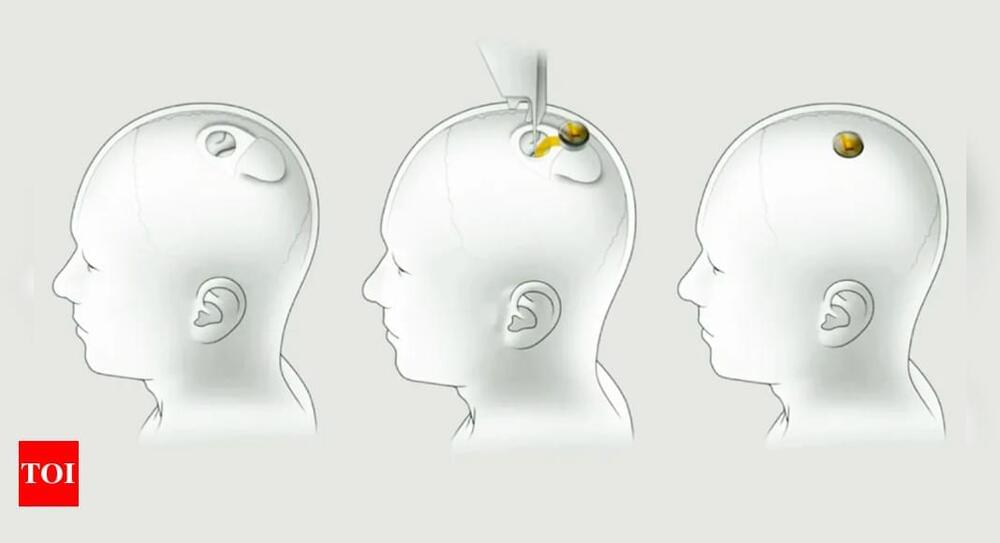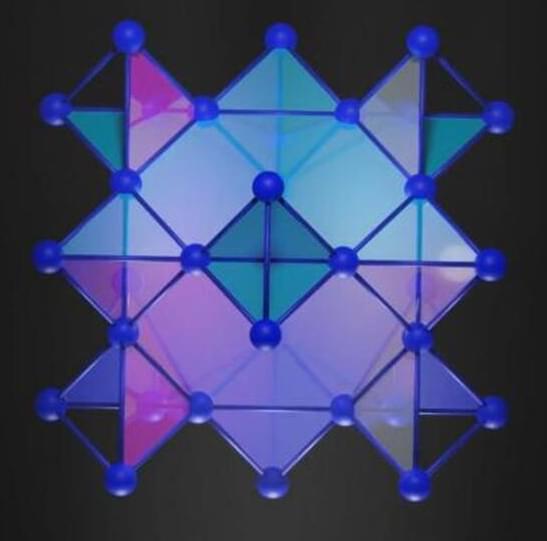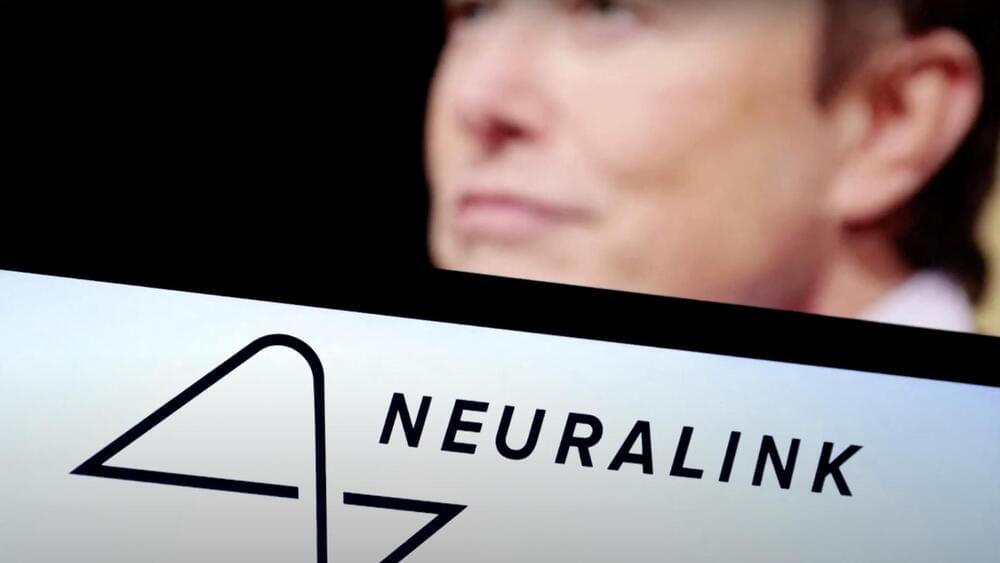Nov 9, 2023
Honeybee behavior as a model for decision-making in a kilobot swarm
Posted by Jose Ruben Rodriguez Fuentes in category: robotics/AI
Researchers at the University of Barcelona have made a sweet discovery: Honeybees make great subjects when studying the dynamic of group behavior and decision-making.
In a recently released study, Professor M. Carmen Miguel, who has previously studied leadership activity among schooling fish and social interactions among flocks of birds, said a group of mini robots were trained to reach a consensus on tasks by mimicking processes displayed by bees.
The intricate behavior of bees has long been a subject of great interest among researchers. There are more than 4,000 species of the insect, and they have been around for more than 100 million years.
